By Kinjal Basnet | 1st June, 2023
Explore the profound secret behind our evolution into intelligent beings. Discover how critical thinking, reasoning, and open-mindedness have propelled us forward. Learn how to reclaim and strengthen these essential skills to tackle the challenges of the modern world. Shape your mind and shape the future.
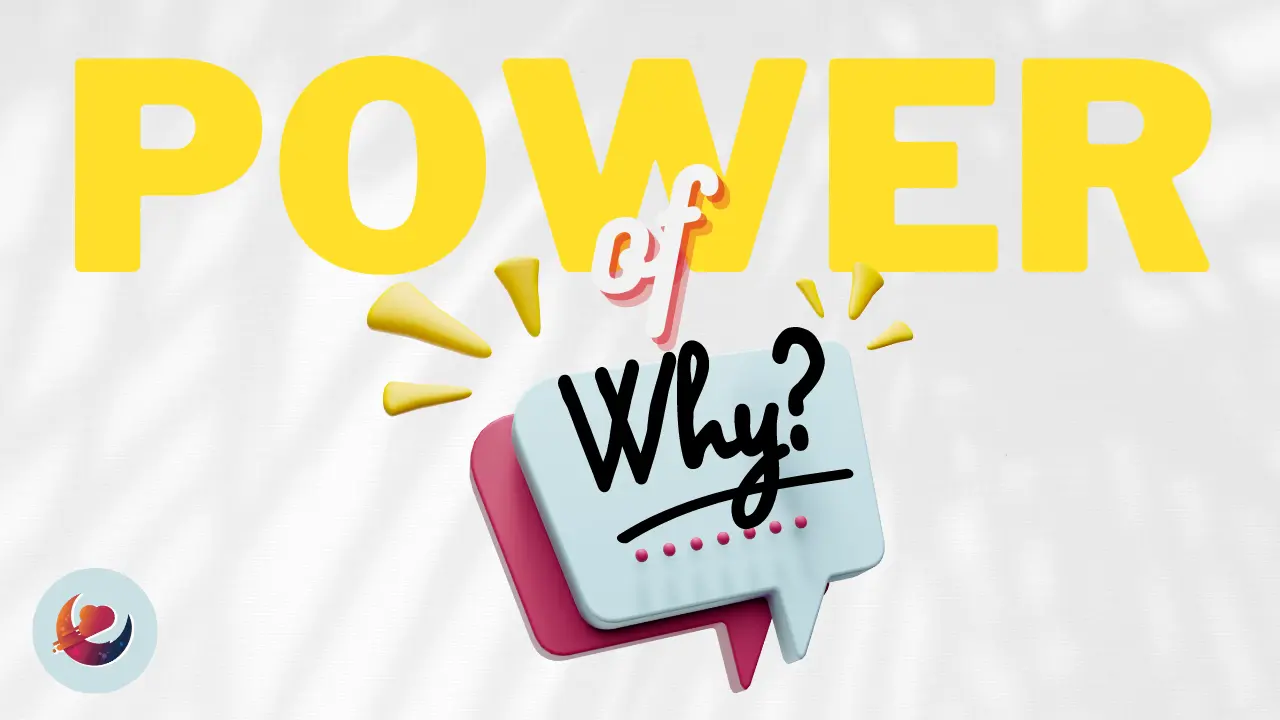
Why have we evolved into intelligent beings far beyond all other species? Is it purely our ability to reason that has propelled us forward, or is there some more profound secret yet to uncover? Our success comes not from chance but from our unique capacity for thought. Unlike any other animal, we have the gift of critical thinking - the ability to accept information, analyze, evaluate, and innovate. While other creatures rely on instinct, we can ponder abstract ideas and imagine new realities. Our ability to reason and craft new ideas has lifted us from primitive beings into architects of the modern world. Critical thinking allowed visionaries like Galileo and Da Vinci to reimagine science and technology centuries ahead of their time. The human mind sees endless possibilities, whereas others see only a blank canvas.

However, Are We Nurturing This Ability In Today's Youth?
In this age of information overload, we are constantly bombarded with an endless stream of content on the internet. But how often do we genuinely take the time to verify, question, and reason with the information we consume? Do we mindlessly accept whatever is presented, or do we take the initiative to delve into the history and relevance of such information?
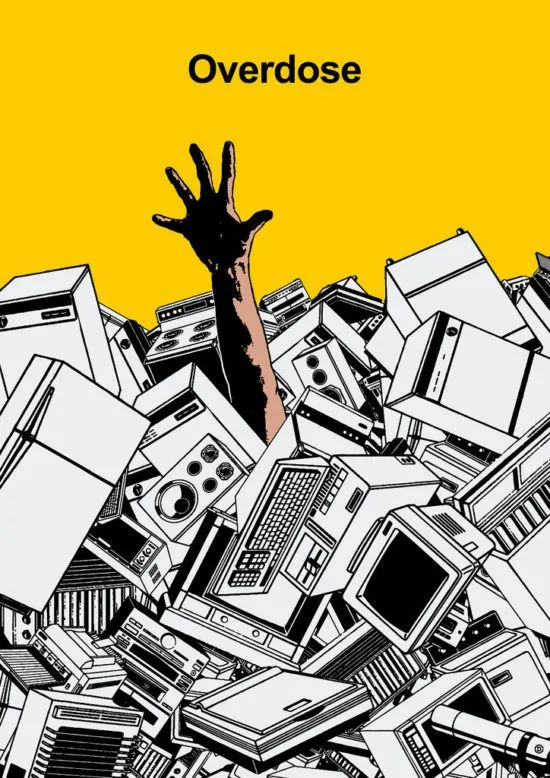
Unfortunately, we often struggle to consider perspectives different from our own, which is a significant reason why the world grapples with increasing levels of conflict and war. Our critical thinking abilities have been dulled by
biased opinions that are all too easily thrown around on various online platforms.
If we could reclaim and sharpen our critical thinking abilities, we would not be facing the overwhelming problems of inequality, racism, homophobia,
and religious intolerance to the extent that we do today. We must acknowledge that we have failed our critical thinking skills, and much of the blame can be attributed to how we were educated and taught as learners. It's time to
take a step back and reevaluate how we approach information and how we can become more discerning consumers of the vast amounts of content available to us.
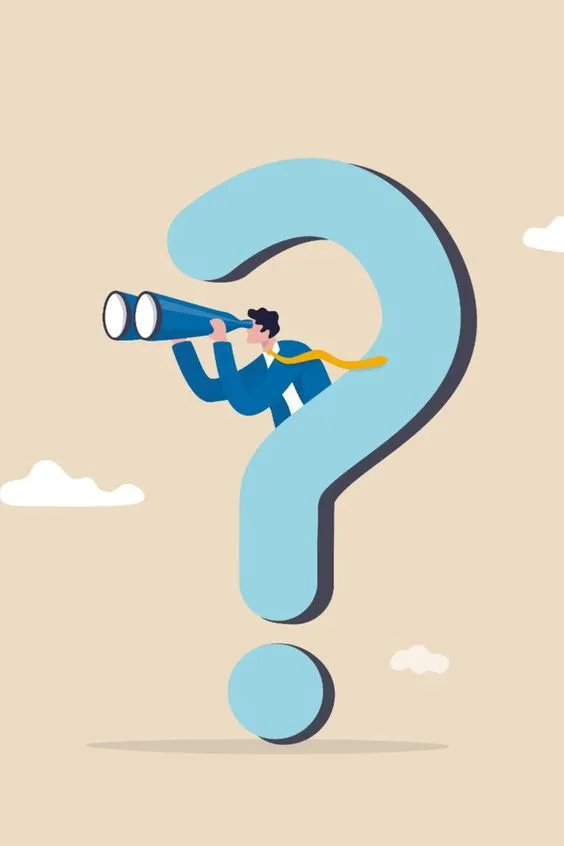
Education must make developing critical thinking and open-mindedness a priority. But as students, the responsibility lies with you: put in the work to strengthen your mind. The basic steps to increase critical thinking skills include:
- Ask Questions As a student, you may hesitate to raise your hand in class to ask questions or challenge an idea. But remember, you don't have to rely solely on what is presented to you. Questioning the evidence, assumptions, and logical reasoning behind arguments and opinions is essential. With the abundance of information available on the internet, it's easier than ever to find resources and research to support your curiosity. So, don't let social anxiety prevent you from engaging in critical thinking and reasoning.
- Develop an open and curious mindset While reading a book, you're more than just absorbing what the author says. You're looking into the author's perspective, and your ability to adjust to it determines the quality of your mindset. As Ahmed Kathrada says, "The hardest thing to open is a closed mind." Closed-mindedness stifles growth and limits us from seeing more possibilities. An open mind, on the other hand, leads to growth, learning, and a broader understanding of ourselves and the world.
- Strengthen your reasoning abilities As a student, it's essential to develop strong reasoning abilities that will serve you well, not just in your academic pursuits but also in your daily life. Learning about logical fallacies and cognitive biases is one way to do this. Logical fallacies are errors in reasoning that can lead to flawed arguments or false conclusions. By learning to recognize common fallacies, you can avoid making them in your thinking and identify them when others use them in arguments. Cognitive biases, on the other hand, are unconscious patterns of thinking that can lead to errors in judgment and decision-making. By becoming aware of common biases, such as confirmation or availability, you can start to recognize when they are influencing your thinking and take steps to mitigate their effects.
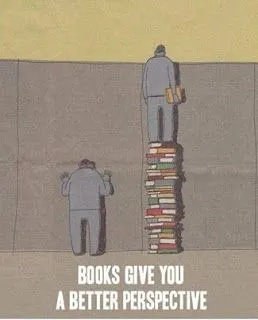
As biologist Edward O. Wilson said, "We are drowning in information while starving for wisdom. The world henceforth will be run by synthesizers, people able to put together the right information at the right time, think critically about it, and make important choices wisely." Students develop critical thinking skills and open-mindedness to become those synthesizers. The future is yours to shape - but first, shape your minds.
Thumbnail Design by Mudit Jha



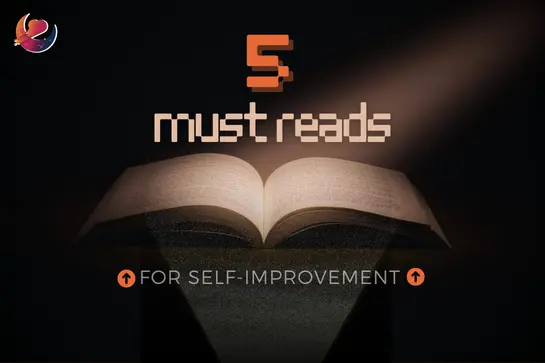
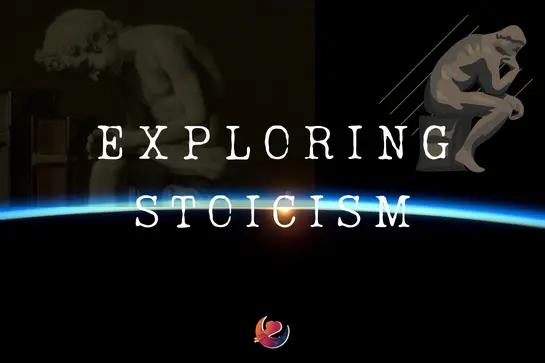
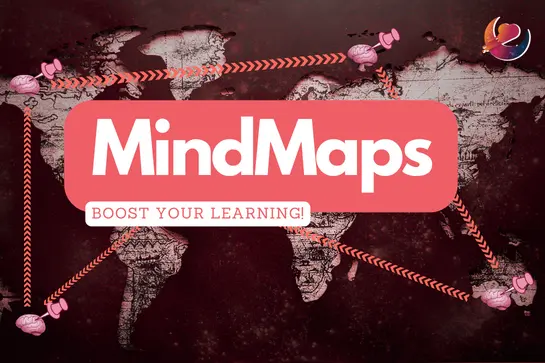
Forgot password?
Close message
Subscribe to this blog post's comments through...
Subscribe via email
SubscribeComments
Post a new comment
Comment as a Guest, or login:
Connected as (Logout)
Not displayed publicly.
Comments by IntenseDebate
Reply as a Guest, or login:
Connected as (Logout)
Not displayed publicly.